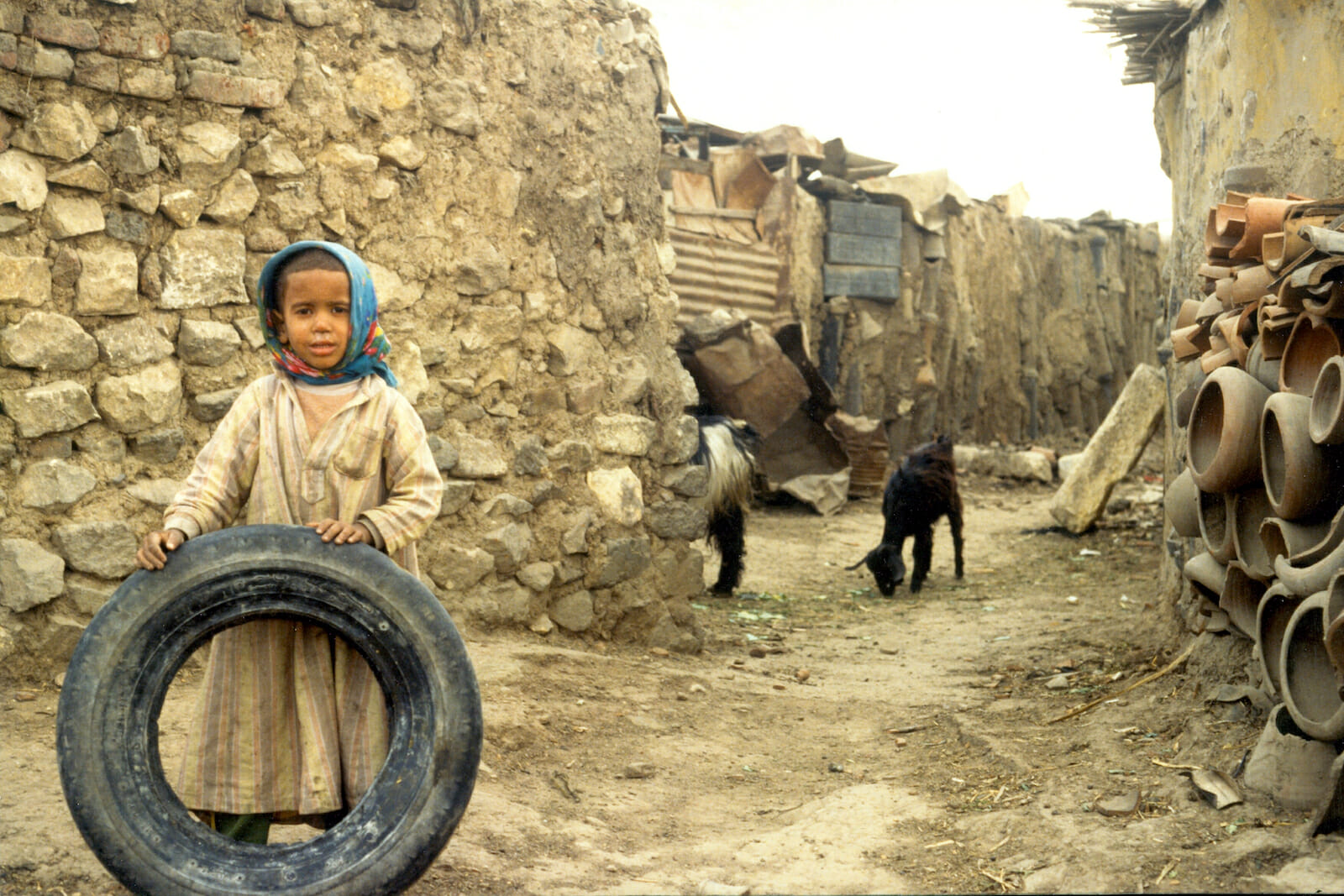
Copts Represent the Struggle and Power of Minorities in Egypt
There was hope for minorities in Egypt during the recent overthrow of the Mubarak regime. Dramatic images of revolution streamed into the West including women handing soldiers flowers, Christians making protective body barriers around Muslims praying in the streets during protests, and food handouts in Tahrir Square. However, the days of rebel-momentum are over. Minority groups in Egypt have faced uncertainty with the ousting of the previous 30-year leadership, all trying to determine their new place in a rapidly changing political and social landscape. Religious groups, women, and Egyptians at large appear to be in a type of existential crisis. ‘Where is the government headed?’ and ‘Will my rights be secured?’ are the two questions looming in the collective Egyptian mind.
This bewilderment faced by many came to the forefront with Morsi’s recent election and Islamist political parties taking center stage. Naturally, those concerned about human rights have been keeping a close eye on developments in Egypt affecting minorities. But one story throughout Egypt’s history and until now has been the story of many minority groups in the Middle East, and their story is important for understanding what the future may hold for minorities in Egypt: The Coptic Christians.
Coptic Christianity is Egypt’s largest religious minority and by far its most sizeable Christian church. It was allegedly brought to Egypt by Saint Mark in 42AD. It grew to become the main religion of all Hellenized Egypt from the 3rd to 6th century. After Islam supplanted Christianity as the main religion of Egypt in the early 7th century following the Arab invasion there were lengthy periods of peaceful interaction between Christians and Muslims. Yet the experience of Copts in recent times has been a struggle.
Copts under Mubarak
As authoritarianism gripped Egypt’s populace, the Copts were faced with two options: reluctantly support Mubarak in order to have protection as a minority, or steer clear of fraternizing with the despot risking physical and political attacks from Islamists. Coptic leadership chose the former: safety by association. This relationship continued through most of Mubarak’s time in the Presidency and even up to the dying breaths of his regime. As thousands of Copts took to the streets of Cairo in protest last year against the regime, the church leadership issued contrasting statements of support. Pope Shenouda III of Alexandria (the leader of the Coptic Church also uses the title ‘pope,’ yet different from the church in Rome) gave a contrived one-liner during the uprisings: “We have called the president and told him we are all with you and the people are with you.”
Despite this compromise, their safety was not guaranteed under Mubarak. Many instances of violence against Copts were cited. Attacks on churches, kidnappings, and assaults on monasteries have been chronicled since the 1980s throughout all of Mubarak’s era. Their experience was a balancing act between seeking the government’s protection by publicly supporting it, while at the same time suffering from the effects of the reality that those in power had failed to prevent every offense against them. It is possible that for this reason the difficulties the Copts faced under Mubarak had not been as widely known or become as violently divisive as sectarian problems in the Levant. They quietly bore the cross of extremist attacks in exchange for a hope of salvation from Mubarak.
Copts in Tahrir
Many Christians took to the streets during the mass demonstrations in Tahrir Square opposing Mubarak and his regime. They, like many other Egyptians, had become disenchanted with false democratic processes and the despotic grip the ruling elite held over the exhausted bureaucracy of the Egyptian state.
Even as attacks on Coptic churches in Alexandria continued, the uprising in Tahrir prompted a united social response from Egyptians, including Copts. For the overthrow of an entrenched leader in Egypt to be successful a no-holds-barred movement representing a broad cross-section of Egyptian society was necessary. This not only called for minorities to be represented but for groups that were previously outspoken supporters of Mubarak to throw in their lot with the Tahrir movement. The Copts fulfilled both conditions and were welcomed to Tahrir with literal embraces. “They are martyrs for our movement too,” a Muslim woman declared in reference to the Copts joining the anti-government protests.
Copts Post-Tahrir and the Future Role of Egyptian Minorities
As governance moved from the executive to the military during the interim period after Mubarak’s removal and before a new government, outside observers, Copts, and other minorities have questioned whether or not their security will be ensured and rights respected in a post-Mubarak existence. Continued attacks sustained by the Coptic community have weakened the civic momentum they developed during the protests. A controversial film insulting the Prophet Muhammed widely covered in the media and prompting outcry across the Muslim world was created by a supposed Coptic Christian from the US. The recent death of their leader Pope Shenouda III dealt a final blow to any focused public efforts by the Copts to self-advocate during the drafting of the new Egyptian constitution. Shenouda had been outwardly supportive of Mubarak, but he also appeared through statements appealing to national peace a symbol of communal unity to the Copts that was lost at a crucial time.
Throughout recent decades the Copts have been, arguably, the largest and most powerful minority group in Egypt. The fact that the revolution included them as a symbol of Egypt’s minorities was encouraging but ephemeral. The simple observation that the Copts were once offered an unofficial, and not always effective, protection and now are guaranteed absolutely no kind of protection under the new government paired with sustained attacks against them suggests bleak prospects for the Copts in the future and even other smaller minorities such as Bedouins. An encouraging prospect amidst this outcome goes back to Tahrir. Not in reference to the romanticized images of Muslims and Christians marching arm in arm, but rather the subtle reality that a minority was a catalyzing force for national evolution perhaps necessary to Mubarak’s downfall. Copts are not solely responsible for creating the end of Mubarak’s Egypt, but definitely took away from his base of support and tilted the balance in the favor of Tahrir.
This idea gives hope that minorities might once more have this same power within Egypt to spur unseen change despite how exclusive the government may be; whether made up of secularists or Islamists, Mubarak or Morsi.

